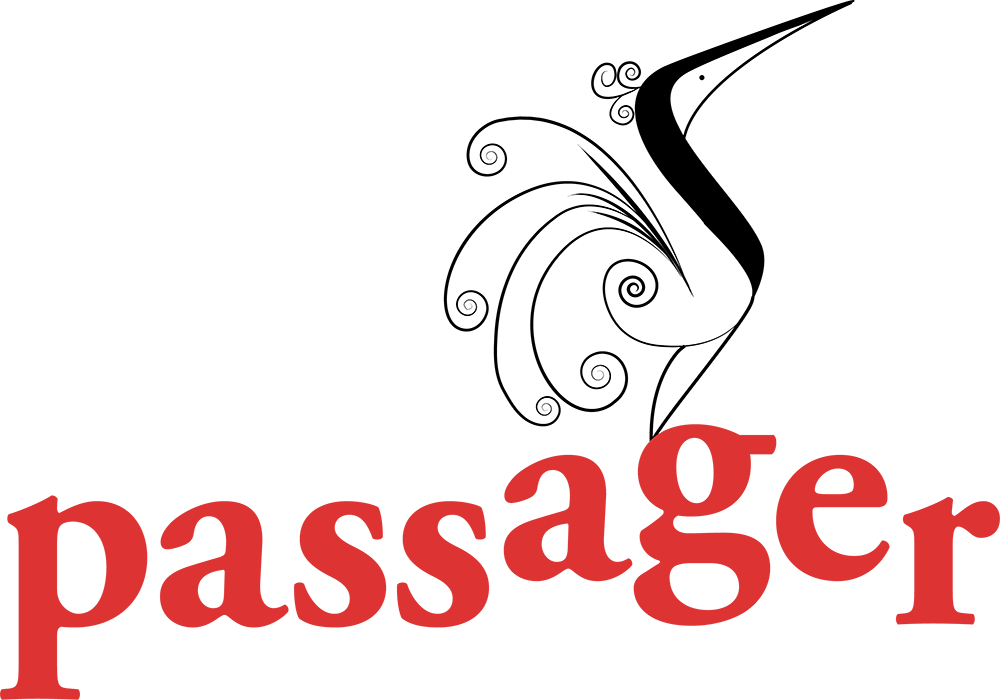Shakespeare’s Birthday



Celebrating with sonnets by Cheryl A. Corey and Lana Ayers, plus a peek inside Winifred Hughes’s 2024 Henry Morgenthau Poetry prize-winning manuscript.
6 minutes
TRANSCRIPT
Sonnets. What the heck are sonnets? They’re 14-line poems. They often have 10 syllables per line, and many are written in iambic pentameter, so the rhythm is something like da-dAH da-dAH da-dAH da-dAH da-dAH. And a lot of them fall into one of two categories: Italian or Petrarchan sonnets named after the Italian poet Francesco Petrarch; and English or Shakespearean sonnets named after the English poet William Shakespeare. One of the main differences between the two—besides the language they were written in, of course, is the rhyme pattern—I’m sorry; sometimes, that old English teacher voice in me just sneaks up to the surface.
The reason I mention sonnets, though, is that April 23 is the day we celebrate Shakespeare’s birthday. It’s probably also the day he died; the records back then weren’t as precise as they are now.
So here’s a sonnet from the newest issue of Passager. If you listen carefully, you’ll hear a variation of standard sonnet rhyme patterns; this one is ABBA, CDDC, EFFE, and then the last two lines—GG—resolve the poem. “Falling Star” by Cheryl Corey.
So here you are. It all comes down to this:
You’re not some figure painted on a Grecian urn,
Forever young and playing timbrels turn
By turn. You had your chance, a genesis
As good as any. That breathless urgency
Of youth is gone. Well what did you expect?
So give yourself the time to self-reflect,
Or not, but face your new reality –
Retired. You knew that it was bound to happen,
By choice or fate’s design. You’ve known success
And failure, illness, grief, the loneliness
And pain of unfulfilled desire; but when
Will you accept that this is where you are?
You blaze the western sky, a falling star.
Cheryl A. Corey’s sonnet “Falling Star.” Did you hear that iambic pentameter rhythm: “Will YOU acCEPT that THIS is WHERE you ARE? You BLAZE the WEStern SKY, a FALLing STAR.”
Next, “New Progressive Lenses” by Lana Ayers, also from Passager’s latest issue, Issue 76. It doesn’t follow the rules quite as strictly, but it’s still a sonnet.
My left eye sees only Monet.
French ultramarine sunrise sky.
Cobalt blue pools of lilies.
Muffled shade where envy grows.
The other eye knows Chagall.
Levitating cats, violins, bent
backward brides who never think
to ask, chickens big enough to ride.
It was always raining inside
with my old eyeglass prescription.
Fallen apples & woodsmoke choked
my throat, my vision too watertight.
Light isn’t an answer.
Light’s a shipwreck.
Lana Ayers’s sonnet “New Progressive Lenses.”
And since we’re celebrating the birthday of possibly the greatest poet in the English language, it seems the perfect time to announce the just-named winner of the 2024 Henry Morgenthau III Prize for a first book of poetry by a writer 70 or older: Winifred Hughes from Princeton, NJ! Well, she wasn’t just named; people have probably been calling her Winnifred or Winnie for decades. And wait, you’re not even going to believe this. You may or may not remember that Burning Bright’s theme a couple weeks ago was palindromes. I was just reading through Winnie’s award-winning manuscript, and I found a poem that has the word PALINDROME in it. Here it is; the title’s “Dyslexic.”
Eye won’t track
the pencil in the doctor’s
hand or on the spread page.
Look where d is tumbling into p,
f and g bait each other
with barbed hooks, look
what means the same
right to left, slantwise, upside
down. How did sounds get
flattened, round world into
black scratches, jugglers’
dropped oranges and apples
still spinning on the blank
sheet, all the pith
pounded out of them,
eye stammering for something
real to look at, hand no
thing to grip. Words dance.
Sith this pot is top, but may
be tub. Toom is moot.
We might not die as
palindrome. So call it
spelling, cast that spell
on the misspoken
ones, some of us born
that way, some
headed there.
“Dyslexic” by Winifred Hughes, the just-announced winner of Passager’s 2024 Morgenthau First Book of Poetry award. You’ll be able to buy Winnie’s book beginning sometime this fall.
To subscribe to or learn more about Passager and its commitment to writers over 50, go to passagerbooks.com. You can download Burning Bright from Spotify, Apple and Google Podcasts and various other podcast apps.
For Kendra, Mary, Christine, Rosanne, and the rest of the Passager staff, I’m Jon Shorr.

